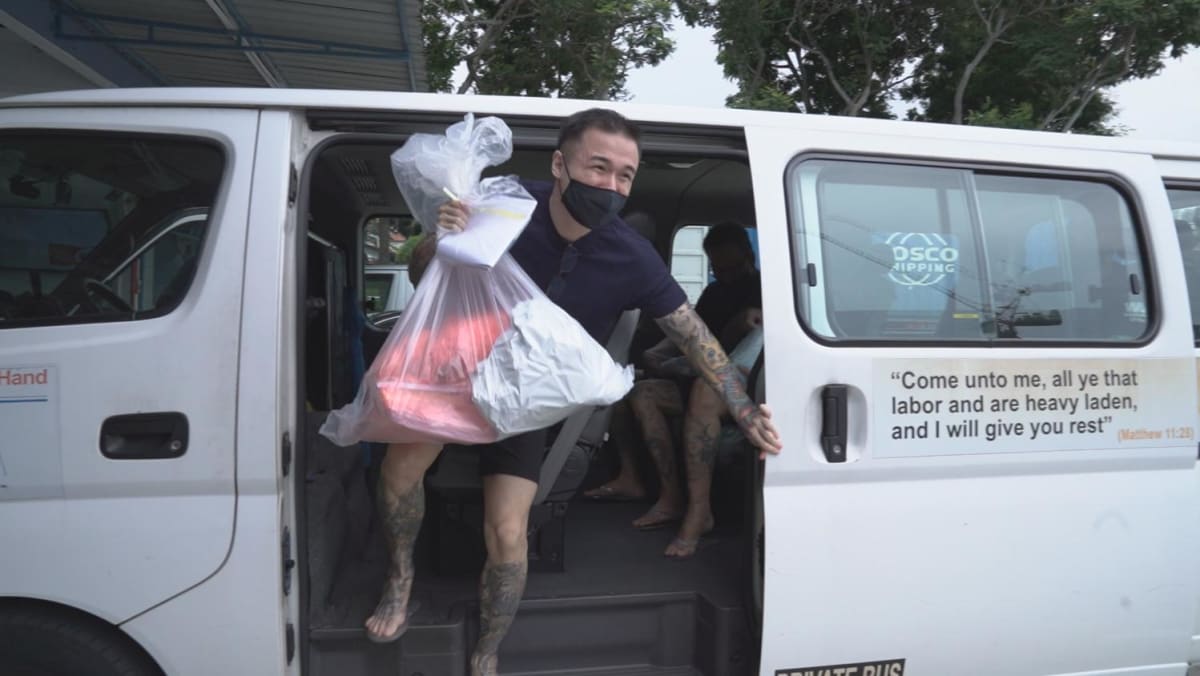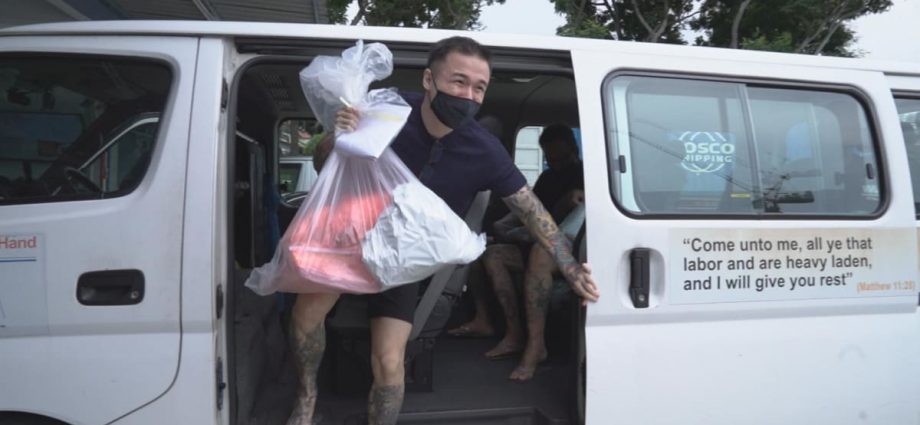
For nearly a year after the documentary aired, CNA continued to follow the lives of four individuals – Ang, Tian Boon Keng, Muhammad Khairil and Mohamed Iskandar Hameed Sultan – as they worked towards their eventual release and a more hopeful future.
The result is a three-part sequel, Beyond Maximum Security, which is now available on CNA Insider’s YouTube channel.
Here are some of the inmates’ milestones, missteps as well as moments when plans and hopes hung in the balance.
HARD LESSONS ON FOLLOWING THE RULES
Explaining the “minimal” facilities offered under the Reflection Regime, Ponnarasi said it was for Ang to “learn from (his) mistakes” and “really reflect”.
Supervisees – the SPS’ term for inmates once they embark on community-based programmes – are supposed to inform their reintegration officers before they report sick to their employers “so that we are aware of their whereabouts”, she explained.
They are also supposed to seek approval from the halfway house before applying for leave. “The communication should be between the halfway house and the supervisee, and not directly with the employer without keeping the halfway house in the loop,” she said.
Ang told Ponnarasi he could not remember exactly where he was while on leave.
Once, his son was sick. “Very rushed, and then I just did it my own way without informing (the authorities),” he said.
On some other occasions, Ang admitted he “just wanted to be outside with (his) friends to relax, talk, chat”. “To try to find ways to have more income,” he said. “But of course, not in… illegal ways,” he quickly added.
This, Ponnarasi said, is a breach as supervisees are supposed to remain at the halfway house when they are sick or on leave.
Another inmate who broke the rules was Iskandar, who escaped the death penalty for drug trafficking and is serving a sentence of 25 years’ imprisonment and 15 strokes of the cane for drug trafficking, drug possession and consumption.
Into his third year in Prison School, the 42-year-old is pursuing a diploma in logistics. He recently stepped into a facility he had hitherto not had the chance to: The computer laboratory.
It was like entering another world. “Inside the computer lab, you won’t have the thought that you’re in prison,” he said. “It’s air-conditioned, you just do your work and time goes (by) very fast.”

